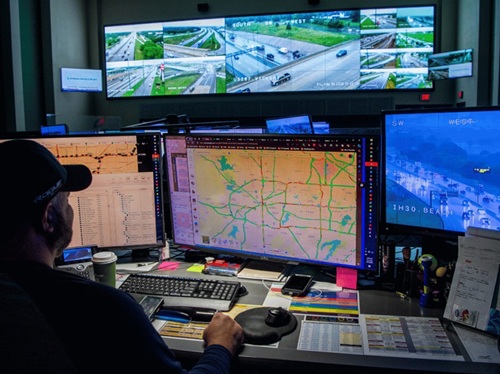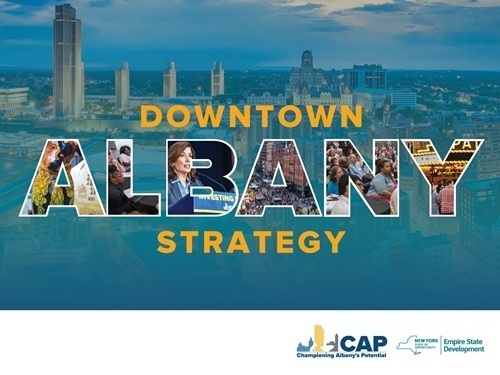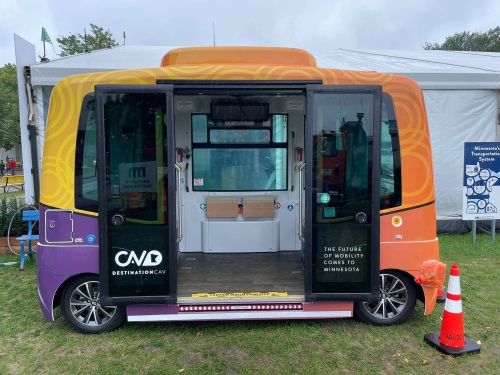The Minnesota Department of Transportation and the Massachusetts Bay Transportation Authority (MBTA) recently deployed online surveys as a way to improve transit service coordination for elderly, disabled, and low-income riders.
[Above photo by the Minnesota DOT]
The Minnesota DOT said it used this online rider survey – which wrapped up on February 4 – to poll both transit providers and riders in an 11-county area spanning southeastern Minnesota to develop a Local Human Service Transit Coordination Plan.

That plan seeks to map out the transit needs of elderly, disabled, and low-income riders who use “multiple types” of transportation such as private, agency or local bus/van services, volunteer drivers, family/friend/caregiver drivers, and any type of taxi service. Input from transit users and providers in that region will help Minnesota DOT transit planners in evaluating future transportation needs for the region, the agency said in a statement.
That survey is part of the Minnesota DOT’s effort to expand transit services statewide. For example, the agency helped launch the state’s first automated vehicle pilot project in October 2021, making two low-speed, driverless, electric, multi-passenger shuttles called the Med City Mover available for free public rides in downtown Rochester.
The Med City Mover shuttle project is a partnership that involves the Minnesota DOT, the city of Rochester, Destination Medical Center, Mayo Clinic, First Transit and EasyMile. The project plans to gather data and user-experience information during the yearlong project to help prepare for broader deployment of this technology.
Meanwhile, the MBTA recently used an online survey – completed on February 16 – to identify existing “communication” barriers for older adults and people with disabilities so the agency can develop better travel-training-related materials so that they are more inclusive, while also gaining feedback on accessibility-related decisions.

The MBTA said its System-wide Accessibility Department survey supplemented feedback from riders and future riders about the kinds of communication barriers that exist, how the MBTA can narrow the information gap in communicating with riders, and how the MBTA can improve its communication efforts about important accessibility and MBTA-related issues.
“The MBTA has made great progress in working toward a fully accessible service, from upgrading stations to operator trainings to the design and procurement of new vehicles – but we know there’s always more we can be doing,” said MBTA General Manager Steve Poftak in a statement.
“The results of this survey will help us to better understand how we can better communicate with riders about important accessibility and T-related topics,” he added.
 States
States
TxDOT Updates Artificial Intelligence Strategic Plan
February 27, 2026 States
States

